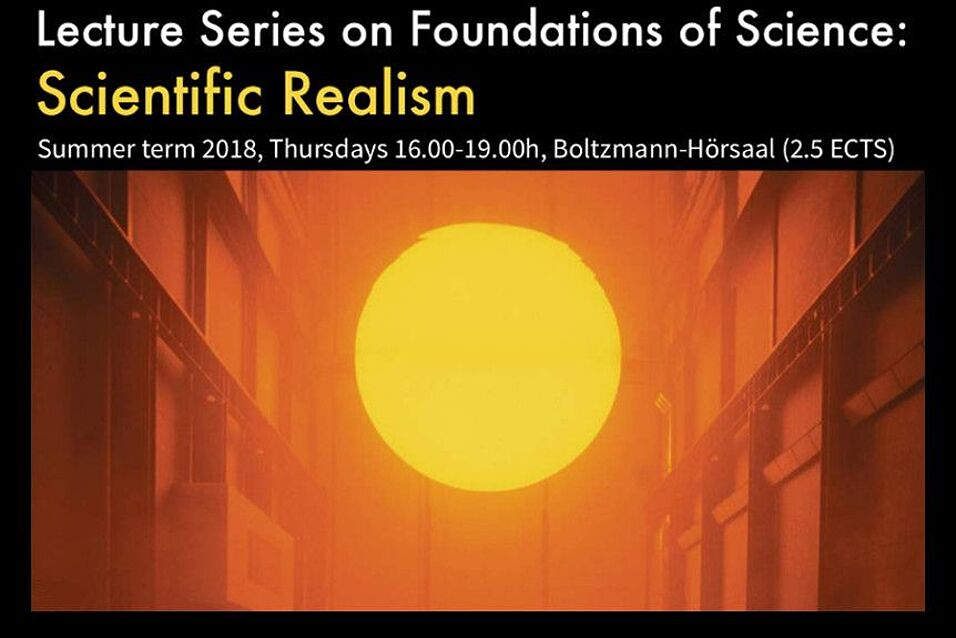Pilot-wave theory is a new theory of dynamics originally proposed by Louis de Broglie in 1927. With appropriate initial conditions, it is able to reproduce the statistical predictions of quantum mechanics. The theory also allows more general initial conditions, resulting in new physics beyond the domain of the usual quantum formalism. We present the basic physical features of the theory, paying particular attention to questions of interpretation. We also contrast de Broglie's original dynamics with Bohm's later version given in 1952. We argue that the latter is artificial and untenable. We clarify a number of widespread misunderstandings, both historical and physical. We show how pilot-wave theory contains new physics beyond quantum mechanics, and we summarise recent progress in searching for that new physics in the early universe.
This talk is part of a Lecture series on foundations of physics: scientific realism(260020VO, 2.5 ECTS, ufind.univie.ac.at/en/course.html) organised by the students of natural science of the University of Vienna (see https://naturwissenschaftscafe.wordpress.com/)

